The Eko Electricity Distribution Company (EKEDC) announced yesterday that the ongoing poor power supply in Lagos stems from a fault on the 330kV transmission lines that deliver electricity to the region. In a statement released by the company, it explained that the Transmission Company of Nigeria (TCN), responsible for supplying power to EKEDC, has reduced its allocation due to these technical issues, forcing the distribution company to implement load-shedding across its network.
“We are still experiencing reduced power allocation from our TCN partners due to faults on the 330kV lines feeding the Lagos region,” the statement read. This reduction has disrupted the usual flow of electricity, leaving many Lagos residents and businesses grappling with inconsistent supply since the problem emerged last week.
EKEDC reassured customers that it is actively collaborating with TCN and other stakeholders to rectify the situation. “Rest assured that we are taking all necessary steps to address the situation as we work closely with TCN and other partners to resolve the issue and ensure a more stable power supply soonest,” the company stated. However, the statement stopped short of providing a specific timeline for when full power restoration might be expected, leaving some uncertainty for affected consumers.
The power challenges come at a time when Lagos, Nigeria’s commercial hub, relies heavily on consistent electricity to fuel its bustling economy. The fault on the 330kV lines highlights ongoing vulnerabilities in the nation’s transmission infrastructure, which has long been a bottleneck in delivering reliable power to end users. Load-shedding, a practice of rationing available electricity among customers, has become a stopgap measure for EKEDC as it navigates the reduced supply.
While the company did not elaborate on the nature of the fault or the extent of the damage to the transmission lines, its pledge to work with TCN signals a coordinated effort to expedite repairs. EKEDC’s statement reflects a commitment to transparency with customers, even as it manages the fallout from a situation largely beyond its direct control.
This development follows a week of noticeable power dips across Lagos, prompting frustration among residents and businesses already accustomed to intermittent supply. EKEDC’s response underscores the broader challenges facing Nigeria’s power sector, where aging infrastructure and operational setbacks frequently disrupt service. For now, Lagosians await a resolution, hopeful that the promised collaboration between EKEDC and TCN will soon restore normalcy to their daily lives.
As the situation unfolds, EKEDC continues to position itself as a proactive player, recently making headlines for initiatives like free meter distribution under the Meter Asset Funding (MAF) program and efforts to improve customer service through meter upgrades. Yet, this latest setback serves as a reminder of the systemic hurdles that persist in ensuring a steady electricity supply, even for a company striving to enhance its operations. Until the 330kV line faults are fully addressed, load-shedding remains the reality for EKEDC’s customers.

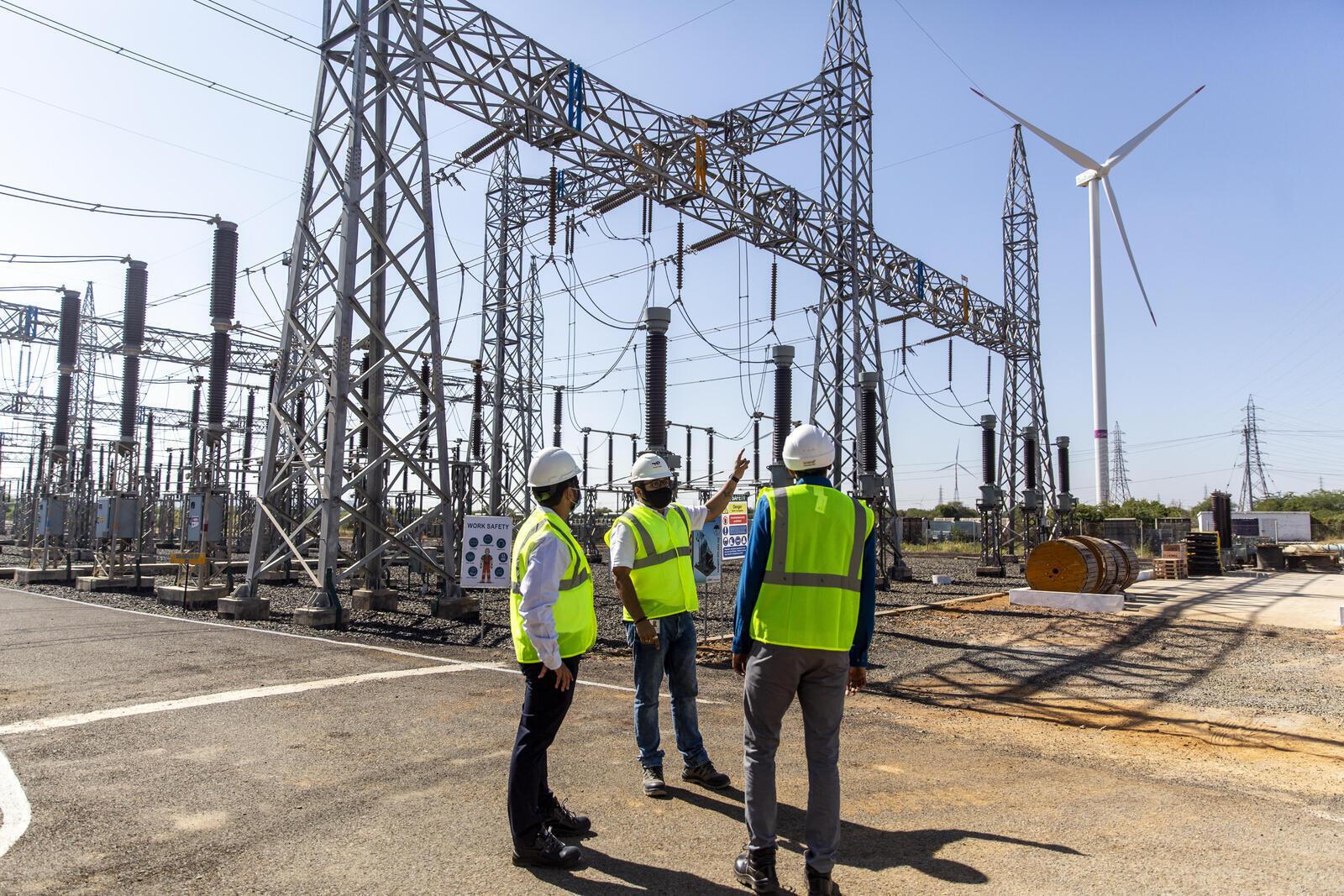
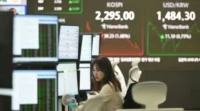

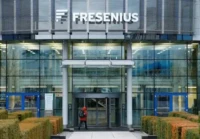



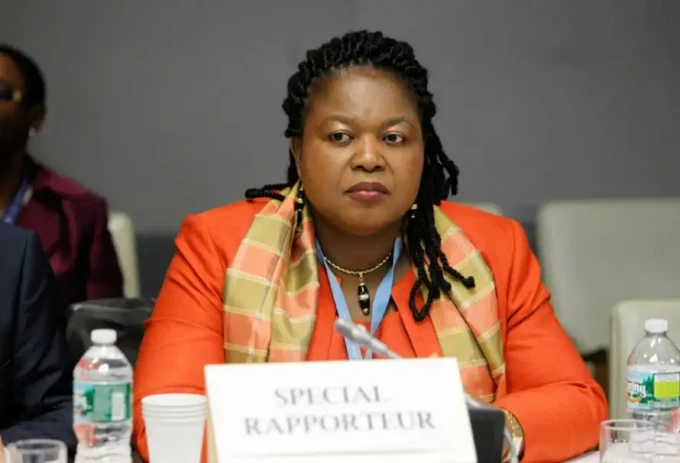
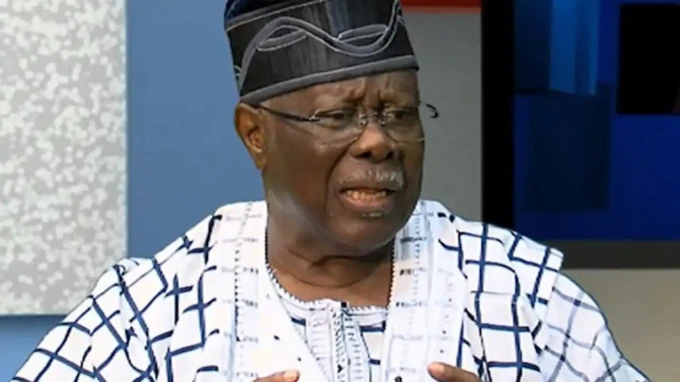

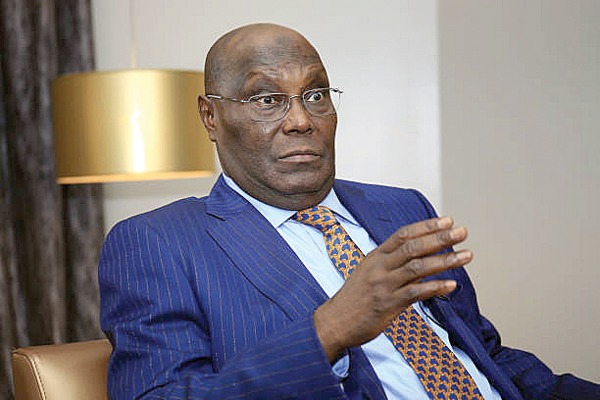
Cant believe EKEDC is blaming transmission lines! They need to own up to their own inefficiencies. #PowerStruggles
I dont buy EKEDC blaming transmission lines for power issues. Are they just passing the buck? What about maintenance?
I dont buy EKEDCs excuses. They need to fix the transmission lines ASAP. Stop passing the blame!
I think EKEDC needs to prioritize fixing these transmission lines ASAP. We cant keep having power outages every other day!
I dont buy the excuse, EKEDC needs to step up their game and fix those transmission lines ASAP! Power outages are unacceptable.
I dont buy it! EKEDC blaming transmission lines for power issues sounds like a convenient excuse. What do you think?
I dont buy it! EKEDC blaming transmission lines for power issues seems like a convenient excuse. What do you think?
I think EKEDC should focus on fixing the faulty transmission lines instead of blaming others. Actions speak louder than words!
I think EKEDC should focus on proactive maintenance rather than blaming transmission lines. Lets see some real solutions!